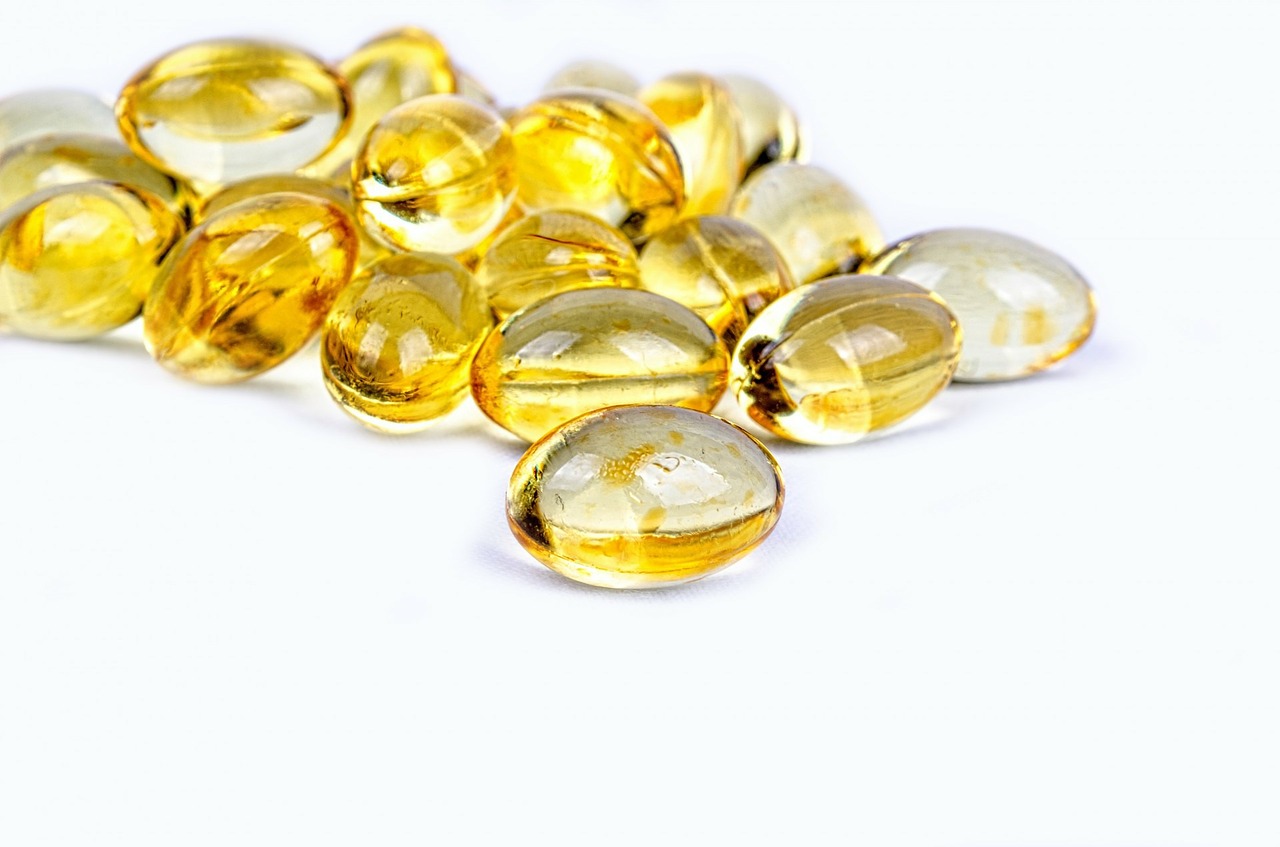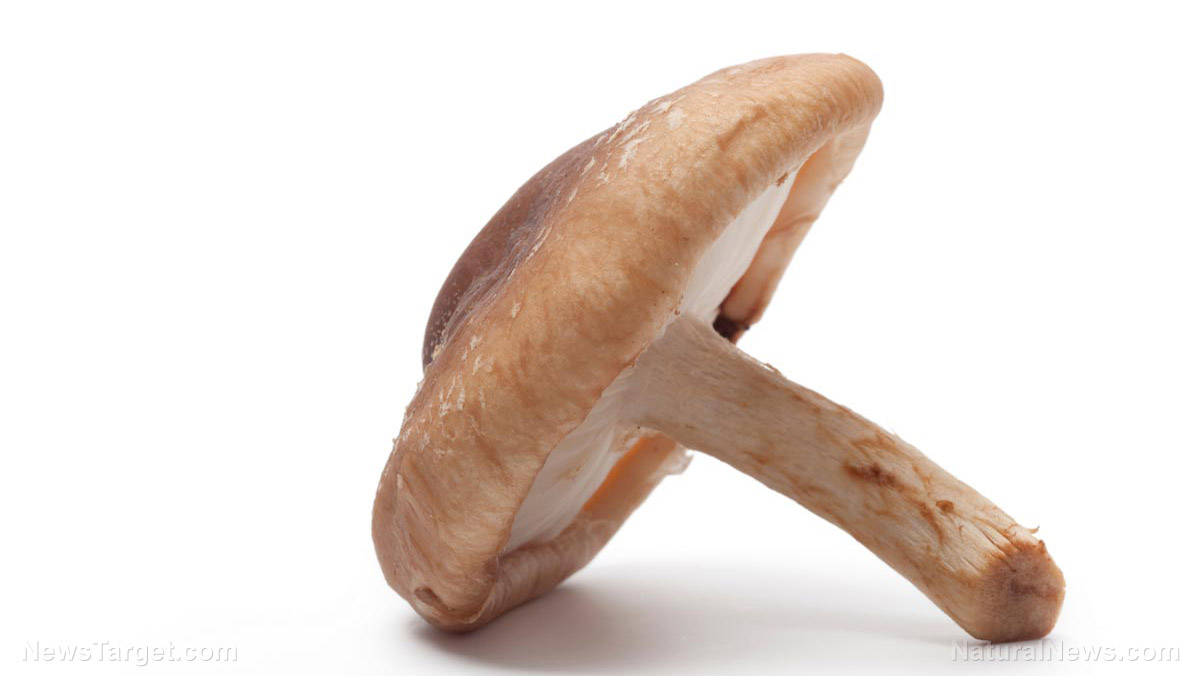Emerging research finds inositol to be an effective treatment for panic disorder
01/19/2019 / By Zoey Sky

A person with panic disorder will experience recurring panic attacks, and these episodes can severely affect his quality of life. However, based on the results of study, a type of sugar called inositol could be used to reduce the frequency of these panic attacks.
How can inositol help individuals with panic disorder?
Inositol is sometimes called vitamin B8, but it isn’t actually a vitamin. But the renewed research interest in this unique type of sugar is due to its role as a crucial building block of phosphatidylinositol.
Phosphatidylinositol is a molecule in the brain with a central role in the functioning of receptors that bind with several neurotransmitters such as norepinephrine, and serotonin, among others.
The results of other studies suggest that when taken in doses of up to 20 grams (g) per day, inositol can help reduce the severity and frequency of panic attacks by inhibiting a molecule called m-CPP. This finding is important because many people with panic disorder can reap the potential benefits of inositol.
When a person has a panic disorder, they may go through recurring and unexpected panic attacks. The Diagnostic and Statistical Manual of Mental Disorders, 5th Edition (DSM-5) defines panic attacks as “abrupt surges of intense fear or discomfort that peak within minutes.” Individuals who have the disorder are in constant fear of having a panic attack. These episodes are associated with sudden, overwhelming terror without an obvious cause. The physical symptoms of a panic attack may include breathing difficulties, a racing heart, and sweating.
To date, currently available prescription medications are only effective in two-thirds of patients who report panic attacks. These medications are also associated with side effects and some drugs, like benzodiazepines, can even result in dependence.
For the one-month double-blind placebo-controlled study, researchers observed 20 patients with panic disorder. According to the results of the study, inositol (up to 18g/day) and fluvoxamine (up to 150 milligrams (mg) per day) were equally effective in reducing the frequency of panic attacks.
The researchers noted that the average number of weekly panic attacks in the group taking inositol decreased by four. On the other hand, the average only decreased by two in the group taking fluvoxamine.
Promising research findings on inositol
The results of some small double-blind placebo-controlled studies imply that large doses of inositol can help address different anxiety conditions that respond to serotonin reuptake inhibitors (SSRIs), such as agoraphobia, panic attacks, and symptoms of obsessive-compulsive disorder (OCD).
- In a four-week double-blind crossover study, researchers determined that taking inositol at a dose of 12 g per day and imipramine, a prescription medication, could both effectively reduce the frequency and severity of panic attacks and agoraphobia.
- Two small double-blind studies have focused on the effectiveness of inositol when used to manage the symptoms of OCD. In the first study, patients treated with 18 g of inositol per day had significantly greater improvement, unlike the patients taking a placebo.
- In the second study on inositol and OCD, volunteers who were taking 18 g of inositol per day together with a placebo or an SSRI medication reported similar responses. (Related: Stop obsessive-compulsive behaviors with inositol.)
Researchers hope that in time, inositol can be used as an effective remedy for these conditions, especially since people who take inositol only report mild and temporary side effects. Additionally, there are no reports of serious adverse effects among individuals who take doses of inositol that are effective against panic attacks.
While several studies have determined that inositol has beneficial effects on panic disorder and other anxiety disorders, the significance of findings is restricted by the small number of studies completed and the small size of these studies. Experts believe that conducting large prospective placebo-controlled studies can help verify the above findings. Larger studies can also help determine the most effective and appropriate dosing strategies of inositol for conditions such as agoraphobia, OCD, and panic disorder.
Visit Mind.news to read other articles about potential cures for panic disorder.
Sources include:
Tagged Under: Anxiety, anxiety disorders, brain function, inositol, mental health, mind body science, mind-brain connection, natural remedies, neurocognitive health, panic attacks, Panic disorder, phosphatidylinositol, placebo, placebo-controlled study, Psychology, research, science, vitamin B8



















